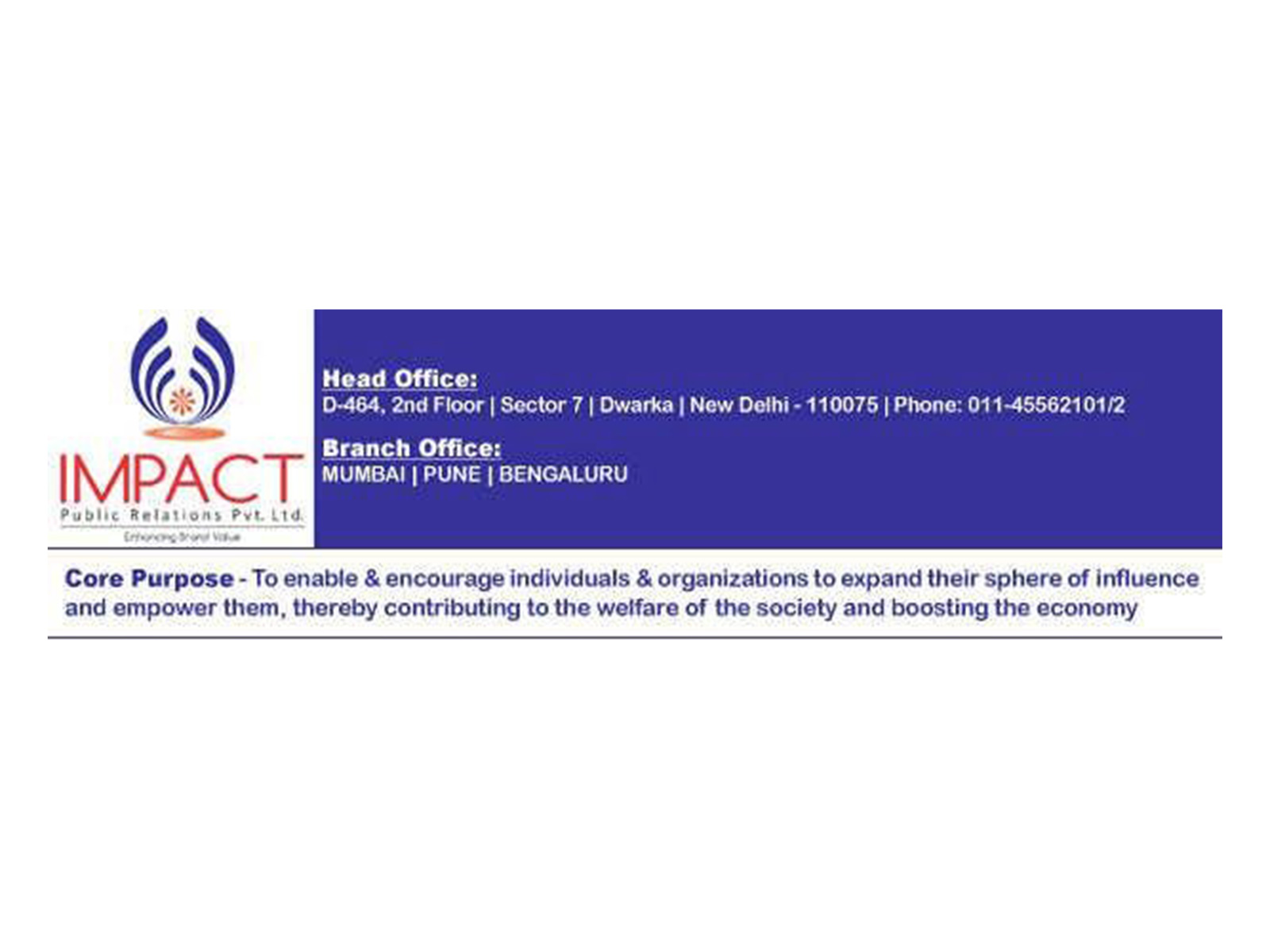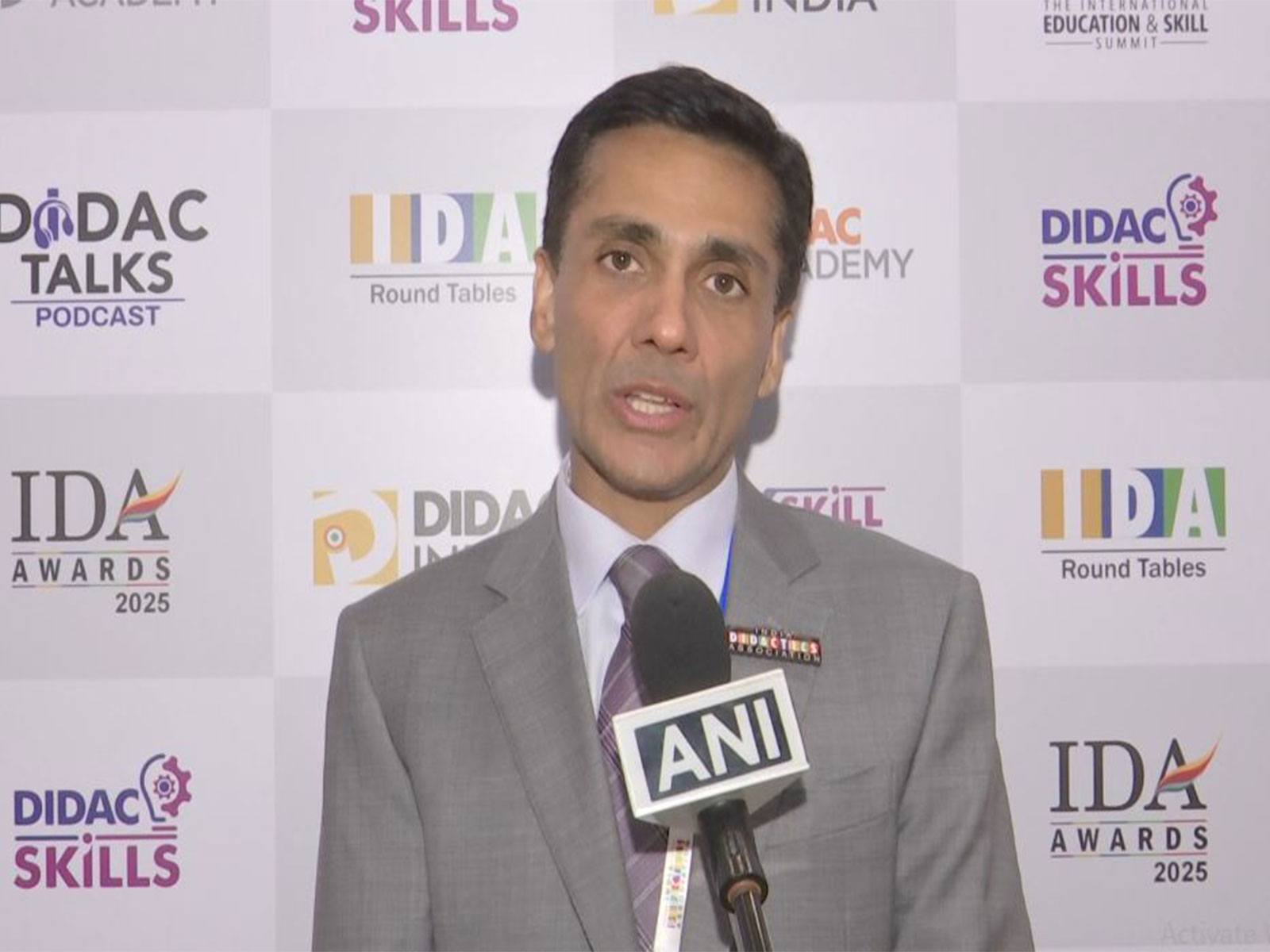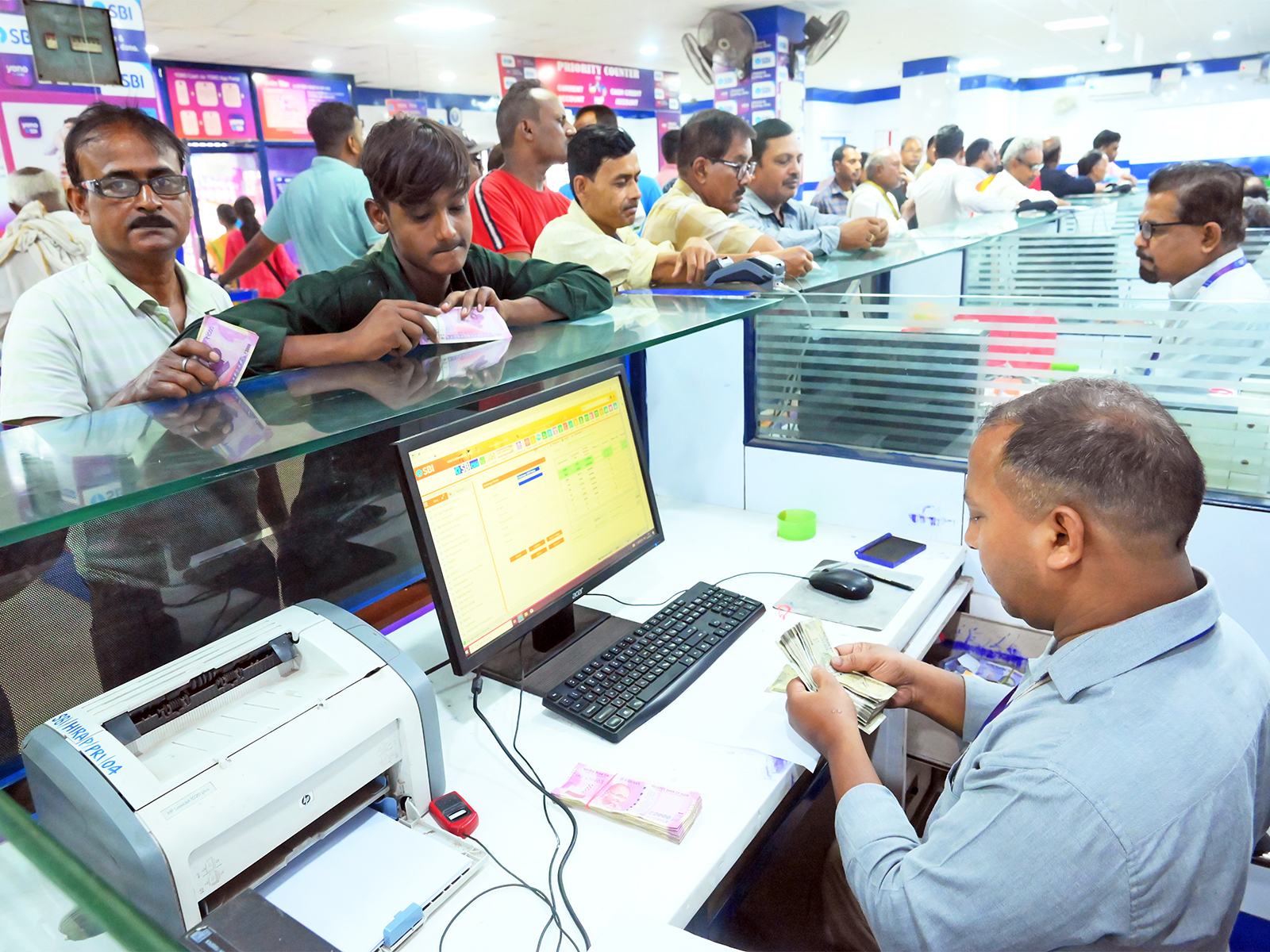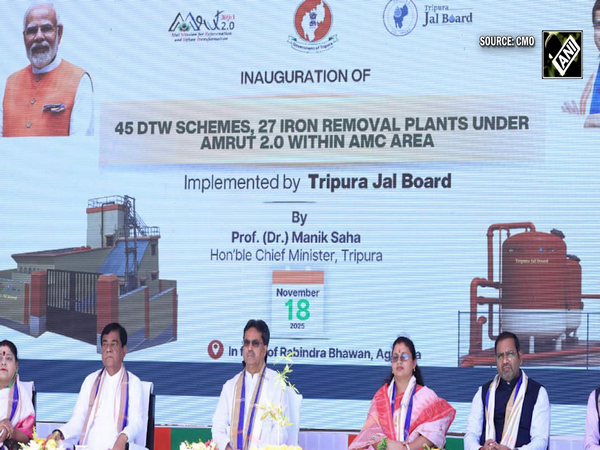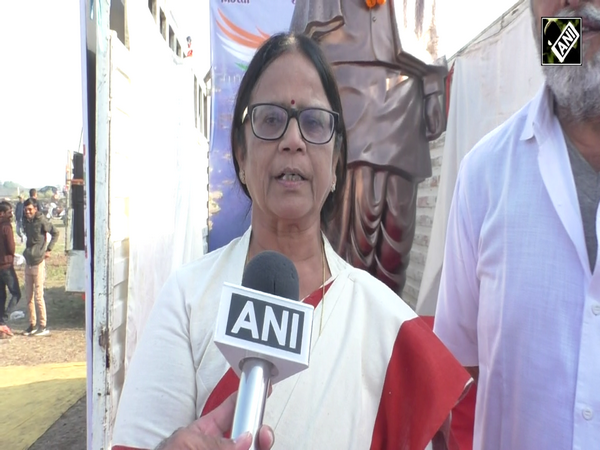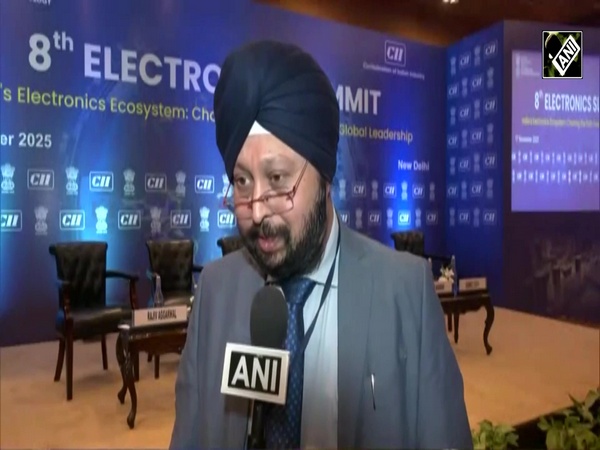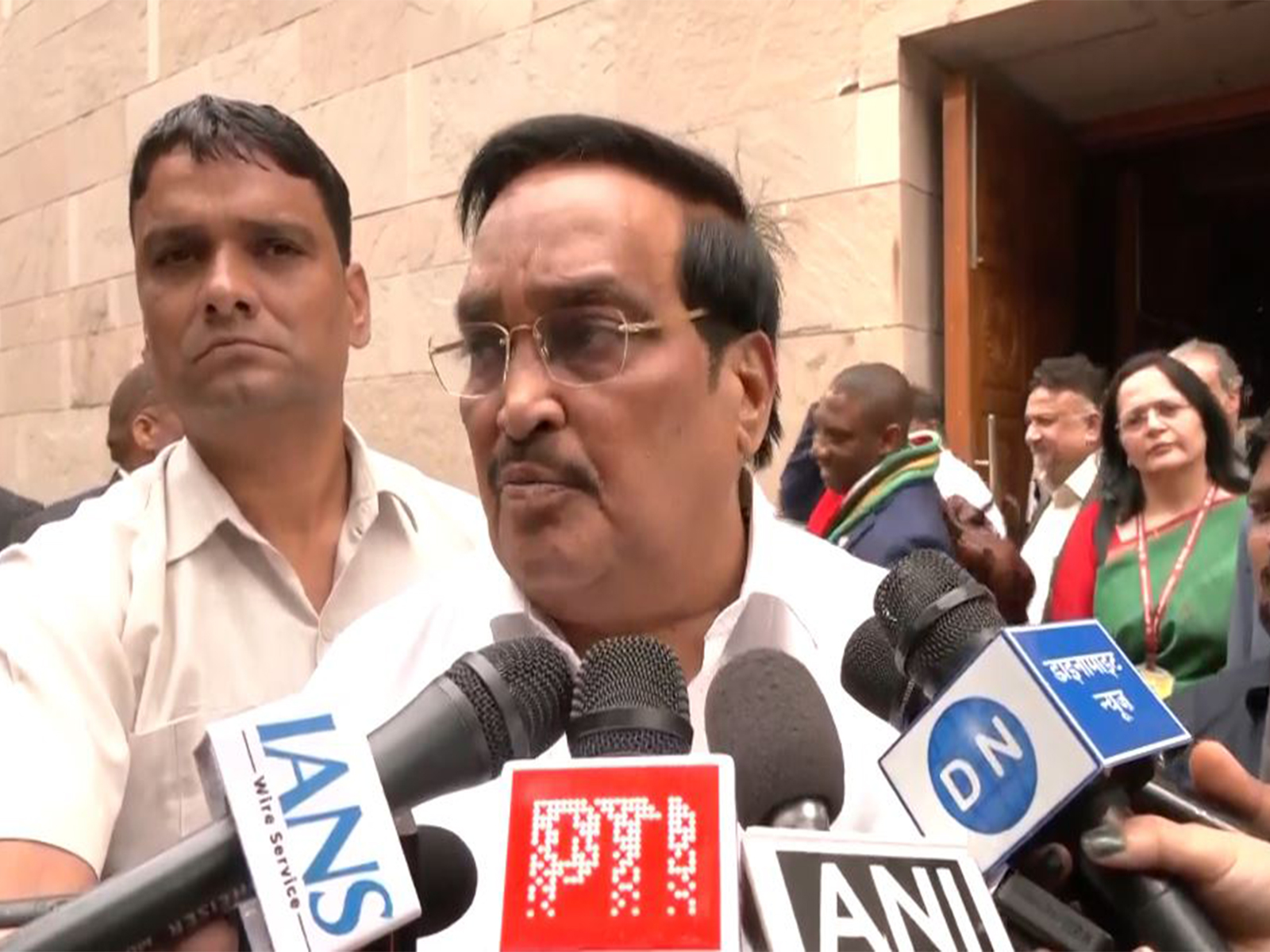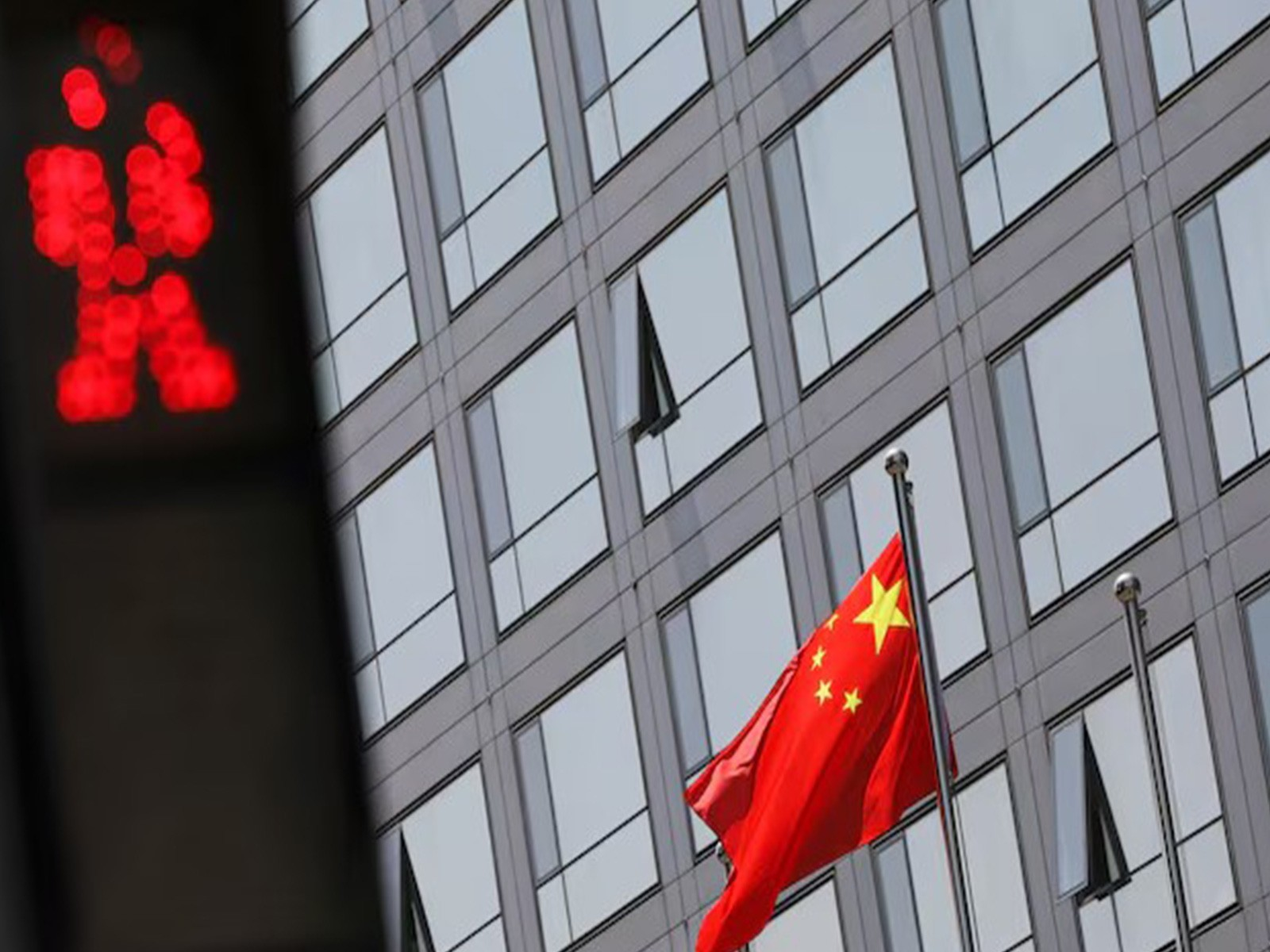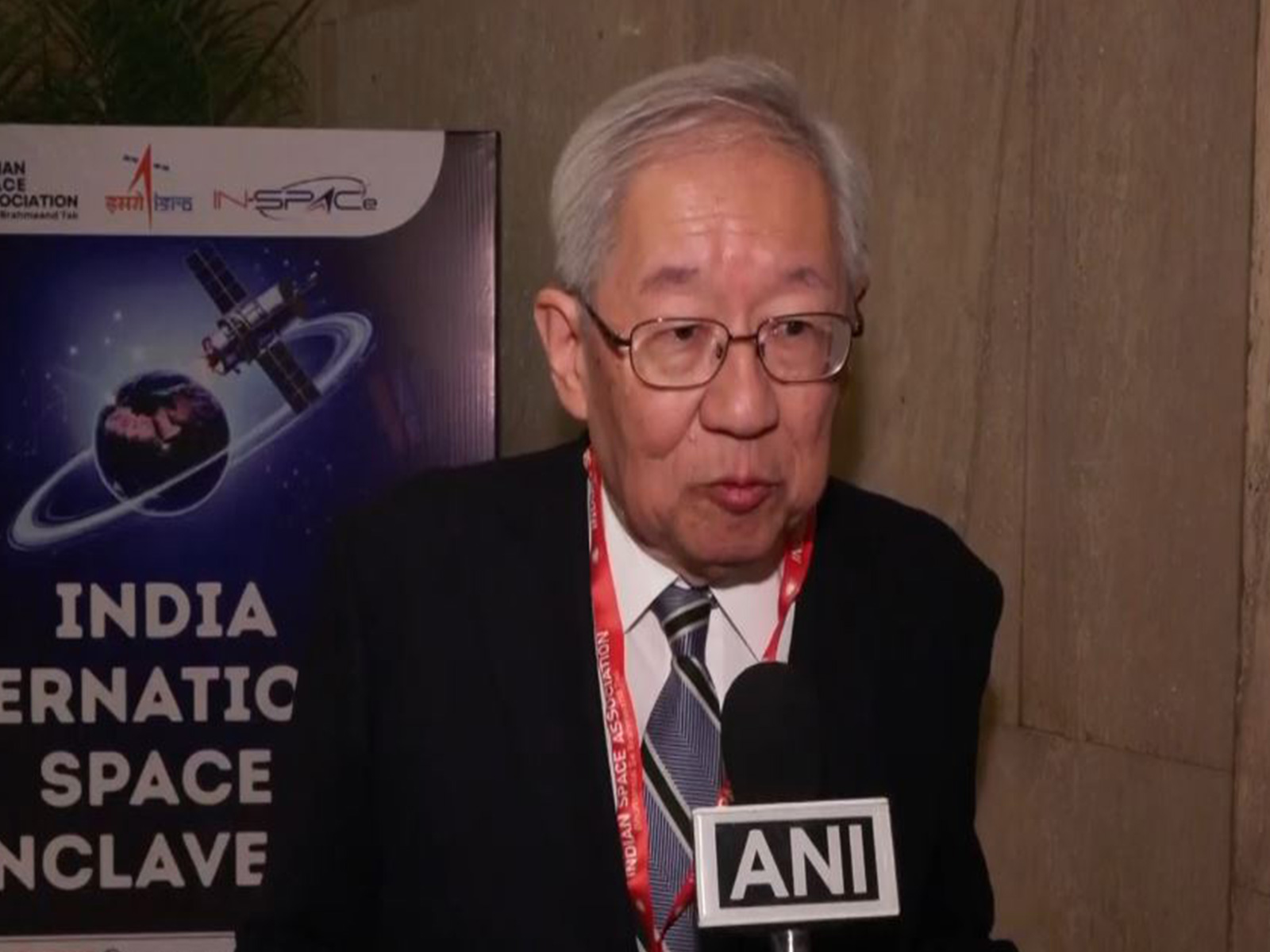
ISRO-JAXA prepare for next phase of strategic space collaboration for lunar exploration: Japan's space agency chief
Nov 19, 2025
New Delhi [India], November 19 : India and Japan are preparing to significantly strengthen their space partnership, especially in the lunar exploration programme, with future joint missions and deeper scientific coordination emerging as the next chapter in ISRO-JAXA collaboration.
Speaking with ANI on Tuesday, Saku Tsuneta, Vice Chair of the Committee in the National Space Policy Cabinet Office, Government of Japan, described it as one of the most important joint programmes undertaken by the two countries.
"So after today's event, I will move to Bengaluru to have a meeting with ISRO leadership to enhance collaboration between ISRO and Japan, ie ISRO and JAXA. So we have a very important joint program called the LUPEX. We provide a lander and ISRO provides a landing vehicle to the moon," he told ANI in an exclusive interview on the sidelines of India International Space Conclave cohosted by ISRO & IN-SPACe on Expanding Horizons - Innovation, Inclusion & Resilience in the New Space Age in New Delhi today.
At the heart of current Indo-Japanese collaboration is LUPEX--the Lunar Polar Exploration Mission. The LUPEX (also called Chandrayaan-5) is a planned joint lunar mission by ISRO and JAXA. The mission would send an uncrewed lunar lander and rover to explore the Moon's south pole region no earlier than 2028.
It is envisaged to explore the permanently shadowed regions and to determine the quantity and quality of water on the Moon. JAXA will provide the H3 launch vehicle, a 350 kg lunar rover, along with instruments and ISRO will provide the lander and a few rover instruments.
He said that Japan will provide the robot to explore water and ice in the South Pole region of the moon, which is critically important.
"We have a very complicated interface and a very complicated program to land on the moon. So it's a very deep collaboration between ISRO and JAXA," he said, adding, "That spacecraft we will launch in 2028. We pray for success. Another collaboration between ISRO and JAXA should happen."
Optimistic about the future alliance, he said, "It should be on the horizon, so I'm encouraging people to start the discussion on the future collaboration between ISRO, JAXA and Lupex- Chandrayaan 5."
He also said that there has been a lot of interest in Indian space activity. There is a robust interest and respect to what ISRO has accomplished in space. It has been growing very rapidly.
Tsuneta said that Japan has been closely observing India's rapid ascent in space technology. One achievement has particularly impressed Japanese scientists and policymakers--India's successful lunar landing. "Accomplishment by India, for instance, landing on the moon prior to the Japanese landing, is quite impressive," he said.
He added that Japan expresses "very strong respect to India as a whole has been doing," acknowledging the scale and ambition of ISRO's progress.
He also points to a significant shift in India's space ecosystem: the emergence of new private space companies collaborating closely with ISRO.
"Many new space companies are working with ISRO to develop space things on their own investment," Tsuneta said.
He called this a significant trend, noting that a similar pattern is now visible in Japan's space sector as well. These new entrants, he believes, will be crucial in shaping deeper bilateral partnerships.
As both nations accelerate their ambitions, the ISRO-JAXA partnership is emerging as one of Asia's most promising space alliances--one poised to redefine lunar exploration and open doors to a new generation of collaborative missions.
During the same event, Former Union Minister of State Meenakshi Lekhi said today that India holds the potential to reshape the global conversation on space governance if India becomes a part of the UN Outer Space Treaty Committee. She argues that the world needs India's viewpoint in international policymaking.
"The policy perspective India can give nobody can provide," she says, pointing out that current decision-makers are largely from the Global North, whereas India represents the Global South. According to her, India's inclusion "will benefit not only India but the entire world," she said.
The "UN outer space treaty committee" is officially known as the United Nations Committee on the Peaceful Uses of Outer Space (COPUOS). Established in 1959, it is the primary body for international cooperation in space, focusing on peaceful uses and legal questions, including the development of the Outer Space Treaty. COPUOS has two subcommittees: the Scientific and Technical Subcommittee and the Legal Subcommittee.
"India will be on the Moon by 2040 on an indian aircraft and an indian rocket. We will have the first Gaganyatri landing in Chandrayaan in 2040," added Lt Gen AK Bhatt (retired) and Founding Director General of ISpA.
